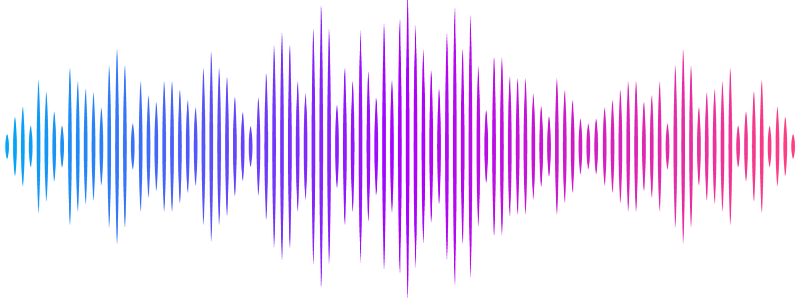Early-life Helicobacter pylori infection worsens metabolic state in mice receiving a high-fat diet

Early-life Helicobacter pylori infection worsens metabolic state in mice receiving a high-fat diet
Klove, S.; Graversen, K. B.; Agerbo Rasmussen, J.; Assis, J.; Schluter, J.; Blaser, M. J.; Andersen, S. B.
AbstractPerturbations to the early life microbial colonization of humans alter the development of the host immune system and can cause increased weight gain. We hypothesized that establishing early-life infection with H. pylori, a symbiotic bacterial species that has co-evolved with humans for at least 300,000 years, worsens the impact of induced obesity. To test this hypothesis, we treated C57BL/6JRj neonatal mice with H. pylori or not and subjected them to a high-fat diet (HFD) after weaning. Two diet intervention experiments were conducted: (1) a short-term (three-week) intervention to primarily monitor blood plasma metabolic hormone and cytokine levels, and (2) a long-term (five-month) intervention to primarily monitor fecal and gastrointestinal microbiome composition. We observed that H. pylori infection mediated differences in diet responses with increased visceral fat accumulation, and higher levels of leptin and monocyte chemoattractant protein-1 (MCP-1) in HFD male mice, which correlated with H. pylori load. Additionally, infection altered the composition of the gastrointestinal microbiome. From our models, we conclude that early-life infection with H. pylori accelerates metabolic health decline in the face of a diet-induced obesity challenge, through modulation of inflammatory responses and gut microbiome composition.